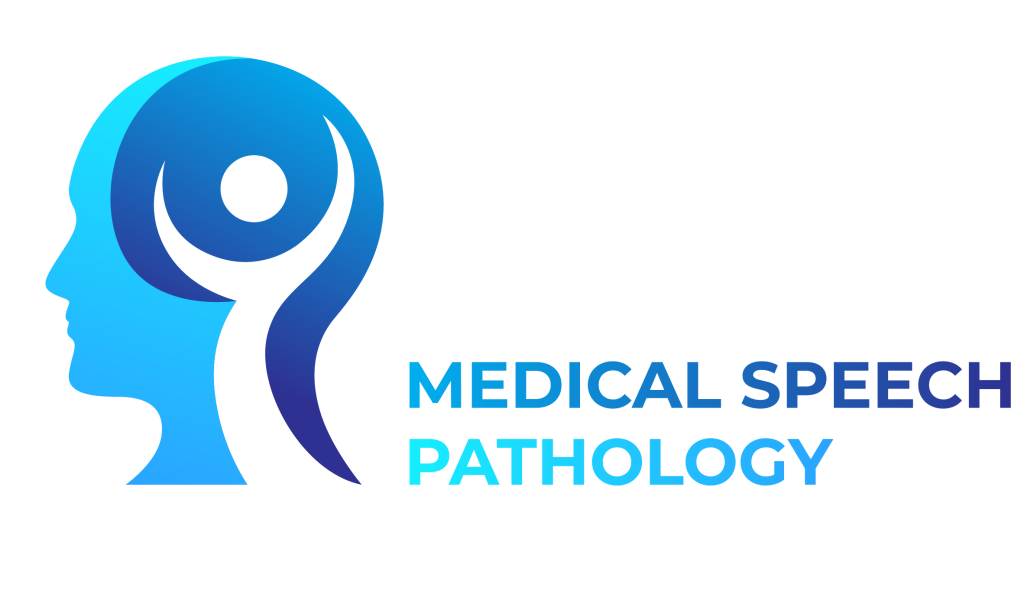Communication assessment
& intervention
Speech
Motor speech disorders such as dysarthria and apraxia of speech often occur due to acquired neurological conditions like stroke, TBI or hereditary ataxia. Medical Speech Pathology offers evidence-based rehabilitation and/or compensatory intervention to improve communication effectiveness.
Voice
Many factors or conditions can affect voice production, and difficulties can be organic (structural, neurogenic), or functional (related to inefficient use of the vocal mechanism). After formal diagnosis by an Ear Nose and Throat doctor (ENT), Medical Speech Pathology offers perceptual and acoustic assessment of voice and interventions such as PhoRTE, LSVT Loud, manual therapy/myofascial release and gender-affirming voice therapy.
Language (Aphasia)
Damage to the language centres of the brain, often due to a stroke, brain tumour or dementia, can result in difficulties finding the right words, generating sentences or understanding spoken/written language. Medical Speech Pathology offers neurological rehabilitation (where appropriate), Communication Partner Training, and intervention in Augmentative and Alternative Communication (AAC).
Cognitive-Communication
Changes to cognition (eg. memory, executive function) can affect your ability to communicate effectively. This can occur due to stroke, Traumatic Brain Injury (TBI), dementia or other neurological disease process. Medical Speech Pathology offers personalised assessment to determine appropriate rehabilitation or compensatory intervention.
